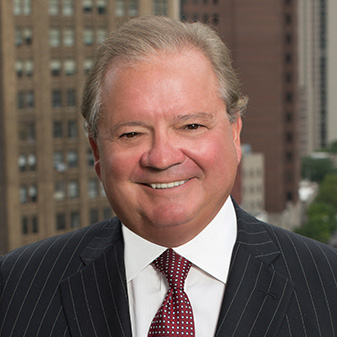Lawyer for E-Discovery Company Predicts Predictive Coding Will Become an Ethical Obligation
Predictive coding in e-discovery has traversed three stages of acceptance, according to a lawyer for one of the companies marketing it. In a soon-to-arrive fourth stage, it will become an ethical obligation, he argues.
Howard Sklar, senior corporate counsel at Recommind Inc., outlines the stages at the Core Perspective. Recommind and Kroll Ontrack are two of the big players marketing predictive coding, according to the Legal Whiteboard, which defines predictive coding as the use of computer algorithms and machine learning to review electronically stored information.
Sklar says predictive coding has gone through three stages marked by these legal developments:
• In the first stage, court cases allowed the use or predictive coding in e-discovery.
• In the second stage, the plaintiffs in Kleen Products v. Packaging Corp. of America argued the defendants’ electronic review of records was defective because predictive coding wasn’t used. The dispute ended with an agreement on keyword search terms. (Law Technology News covered the resolution, saying the case is “out of the running as a bellwether for predictive coding.”)
• In the third stage, a Delaware chancery judge required predictive coding without a request from the parties. (EDD Update covered the October order by Vice Chancellor J. Travis Laster.)
Sklar goes on to make this prediction: “In the future, we’ll enter stage four: the decision by a state bar’s ethics watchdog that failure to use predictive coding is ethically questionable, if not unethical. After all, purposefully using a less-efficient, less accurate, more expensive option is problematic. I think that’s probably 18 months away. But given how fast we’ve gone through the first three stages, stage four may come next week.”
Indiana University law professor William Henderson notes Sklar’s post and makes his own prediction in the headline: Predictive coding is a “disruptive innovation” that will change how law is practiced.



